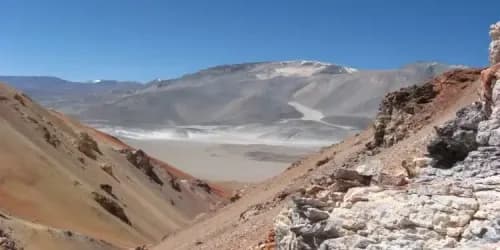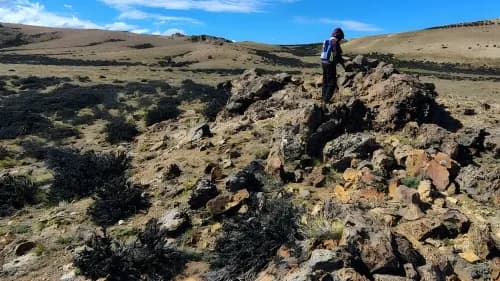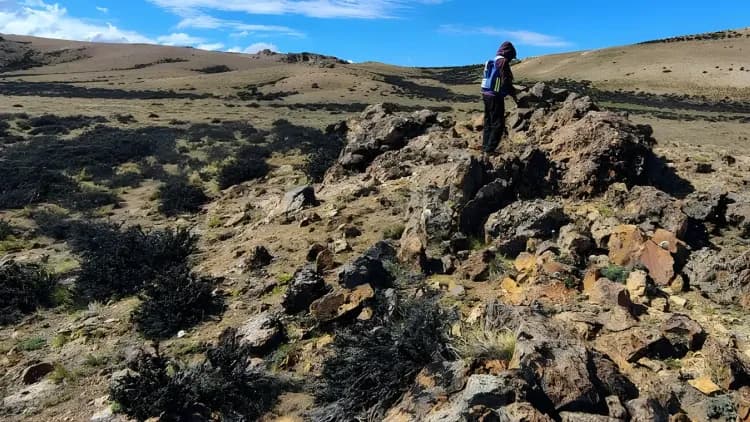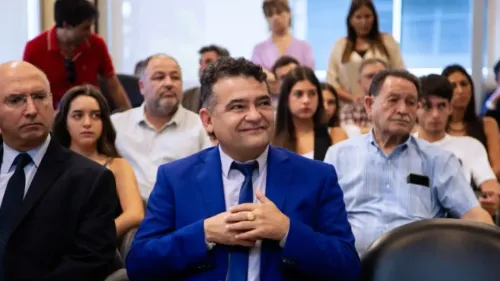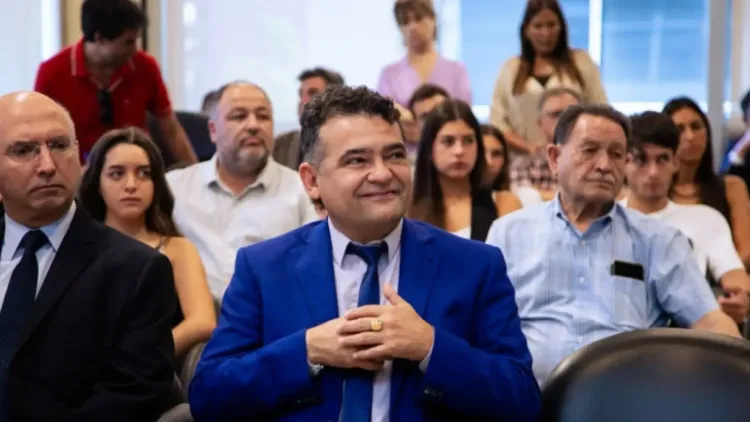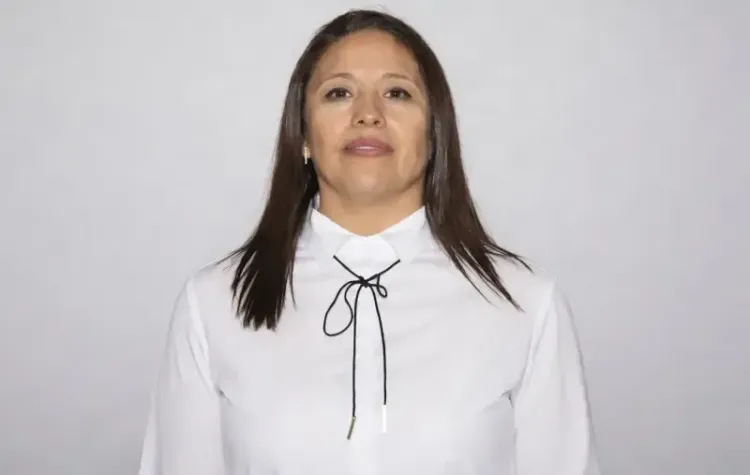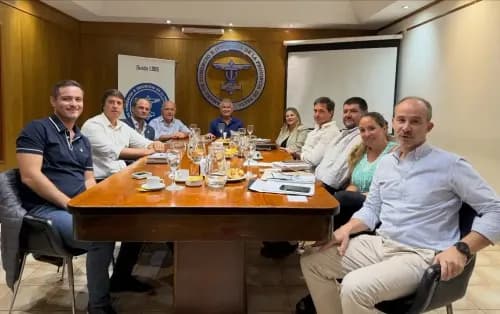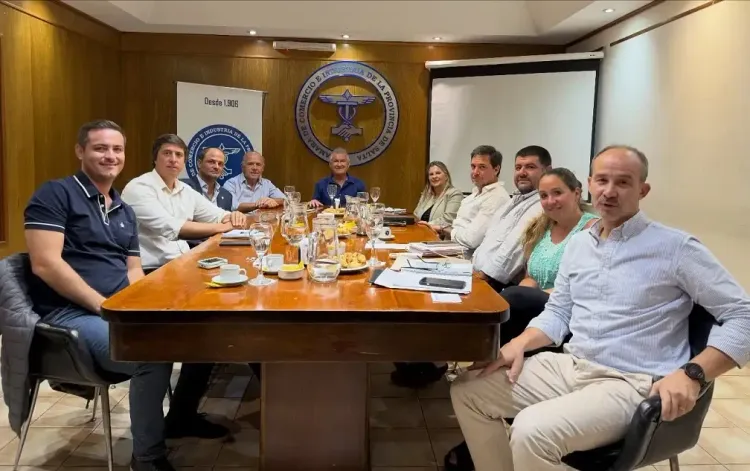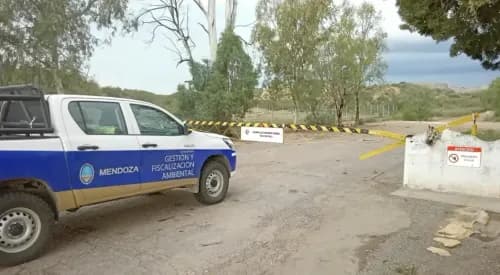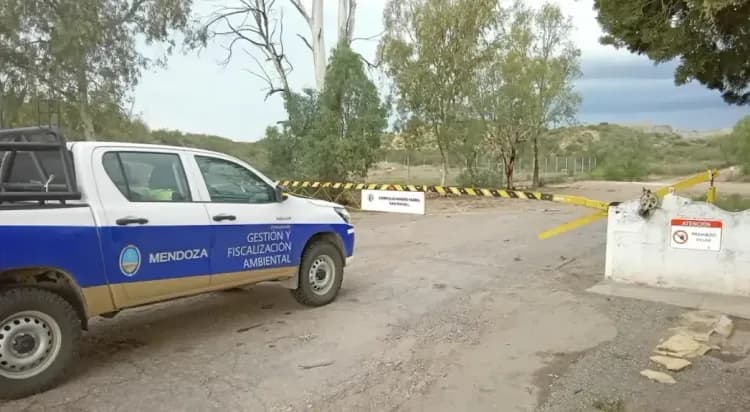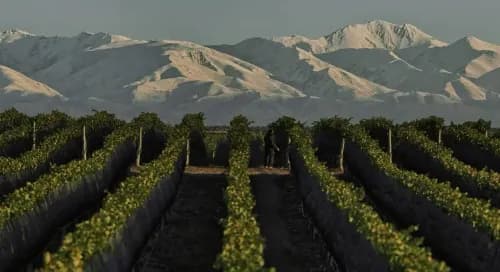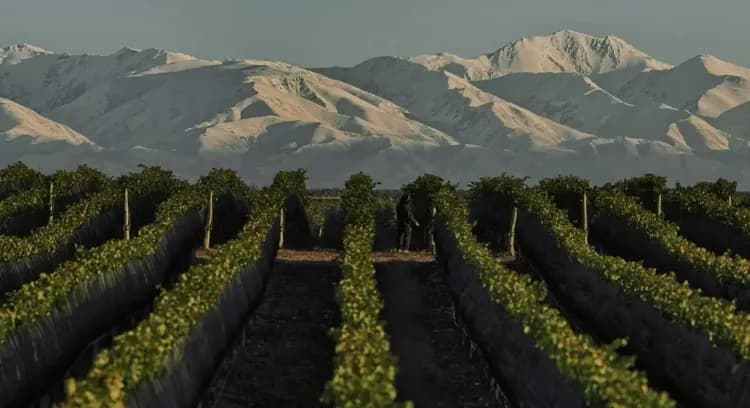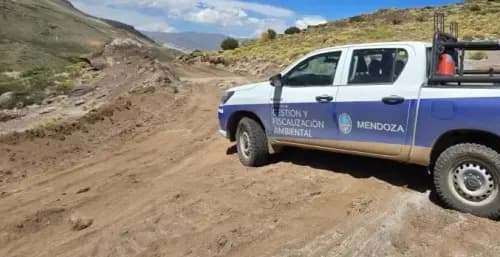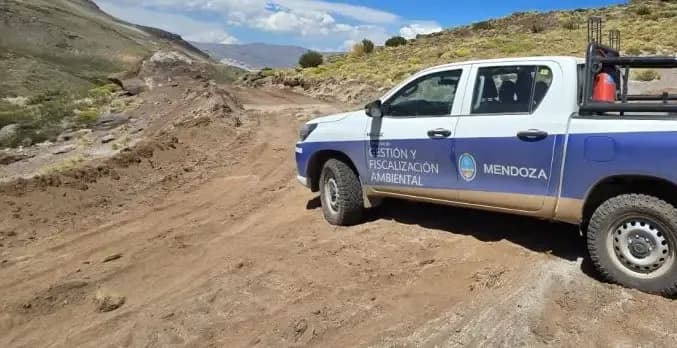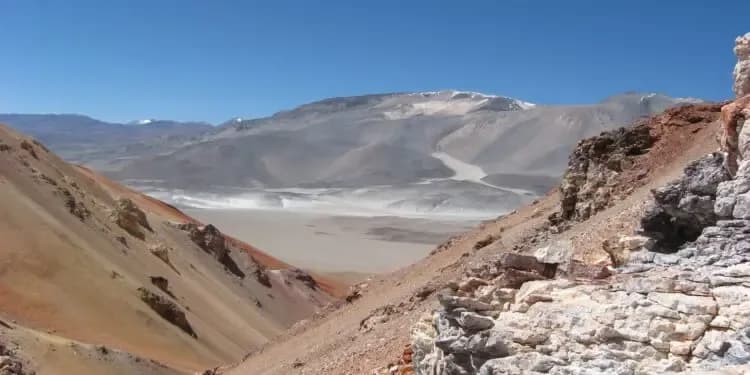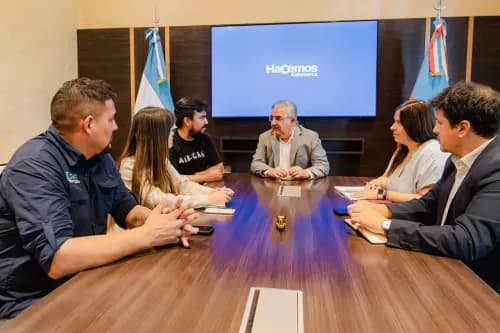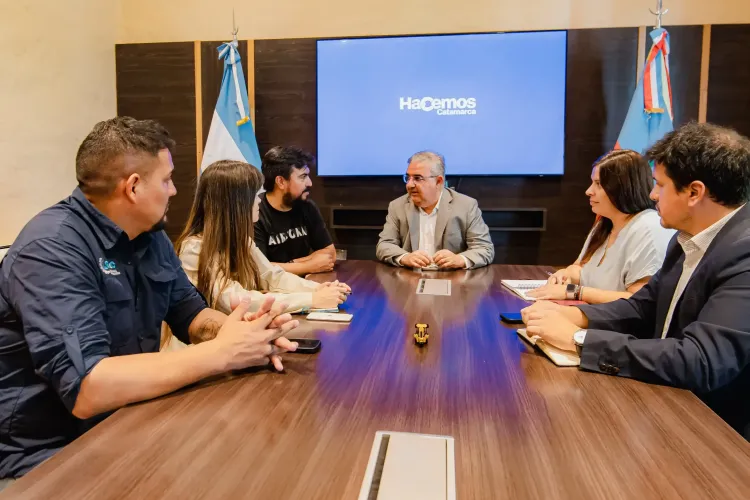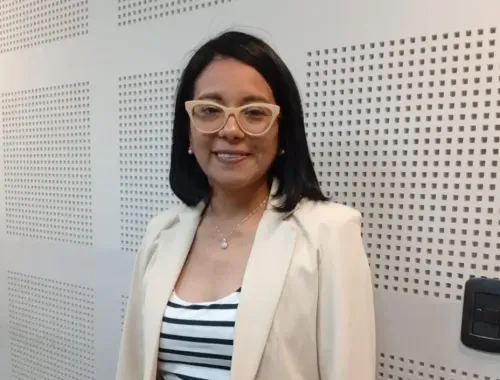Galaxy Resources Limited reported its activities for the quarter ended 30 June 2018.
Sal de Vida Project – Updated Feasibility Study
During the quarter, Galaxy announced that it had completed an update of the Definitive Feasibility Study (“DFS”) for the Sal de Vida lithium project (“Sal de Vida” or “Project”) located on the Salar del Hombre Muerto in northwest Argentina.
Results from the updated feasibility study economics for the Sal de Vida Project validate a technically superior, highly profitable, long life (40 years) and low-cost lithium and potash project with:
- Annual production of 25,000 tonnes of lithium carbonate and 94,000 tonnes of potash;
- An operation with an initial 3-year ramp up to full planned lithium carbonate production. Potash production is deferred for two years after the commencement of lithium carbonate production;
- Post-tax Net Present Value (“NPV”) of US$1.48 billion at an 8% discount rate (real);
- Post-tax Internal Rate of Return (“IRR”) of 26.9%, with post-tax payback period of approximately 3 years from first production;
- Capital cost estimate of US$474 million, including US$31 million for an optional potash production circuit;
- Operating costs at full production of US$3,144 per tonne of lithium carbonate after potash credits;
- Average annual revenues of US$360 million and EBITDA of US$270 million; and
- JORC-compliant reserve estimate of 1.14 million tonnes of recoverable lithium carbonate equivalent (“LCE”), with significant potential for future upside from further resource definition and subsequent reserve upgrade.
Sale of Northern Tenements
During the quarter, Galaxy announced that it had entered into a non-binding agreement with POSCO to sell a package of tenements located on the northern area of the Salar del Hombre Muerto in Argentina, for a cash consideration of US$280 million.
Other key elements of the transaction are:
- Galaxy retains 100% ownership of all tenements in the southern basin that constitutes the Sal de Vida Project containing 100% of the previously announced reserves of 1.14 million tonnes LCE; and
- Funds available to Galaxy to progress Sal de Vida development in Catamarca Province.
Subsequent to the end of the quarter, Galaxy advised that the agreed timetable for completion of this transaction continues to be met, with notice received from POSCO on 6 July 2018 that their investment review had been completed satisfactorily. The transaction remains conditional on execution of definitive documentation and final POSCO Board approval which is still expected during the third quarter of 2018.
Galaxy and POSCO are also discussing potential development, operational, infrastructure and logistical synergies for their respective projects.
Geology & Hydrogeology
A new production well (SVWW18_24) was completed during Q2, increasing knowledge both of the geology and hydrogeology related to the northern basin tenements. This new well was terminated at a depth of 351 metres and was developed to provide hydraulic parameters. Both step and continuous pumping tests were successfully performed during a 48 hour period. A second production well will be drilled during Q3 in the southern tenement area.
Site Improvements
Further works were completed at the TANGO-01 camp, preparing this new location to consolidate all Sal de Vida activities in a single site. New heavy equipment purchased in Q1 has been used to improve the quality of the existing roads and reduce maintenance costs. Civil works were completed to accommodate pumping, power and gauging equipment required to support an application with provincial authorities for a new fresh water source.
Test Plant & Laboratory
The evaporation test pans were filled and continue an expected evaporation profile, aligned with weather patterns. In parallel, small quantities of lithium carbonate produced in batches from existing brine inventories, were analyzed at the project lab to determine impurity levels and to identify potential improvements to the current planned process route. A number of other process optimization related initiatives were reviewed and evaluated.



